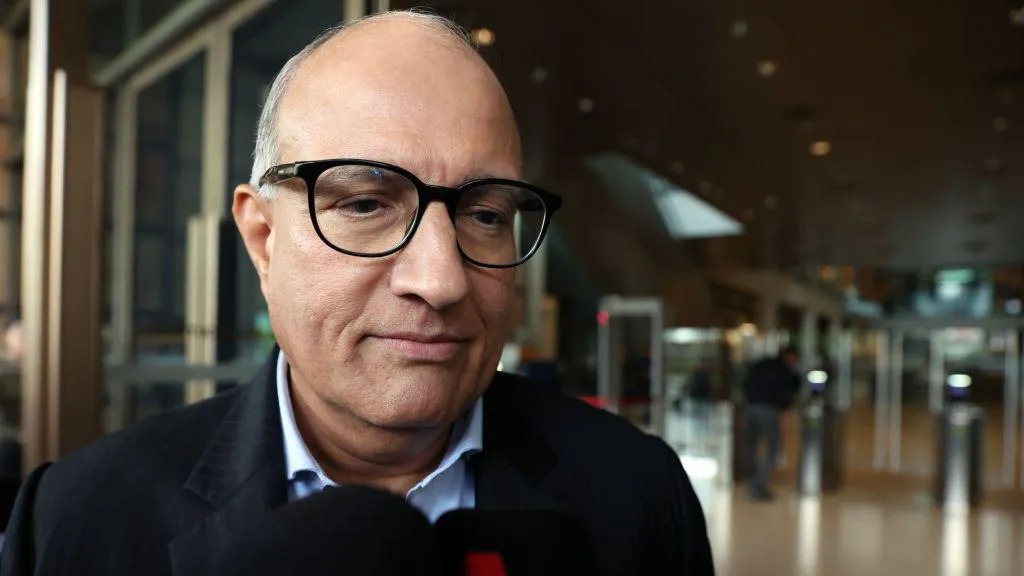
Jailed Singapore Ex-Minister Moved to House Arrest
Subramaniam Iswaran, a former senior minister in Singapore’s government, is now under house arrest, a development that draws significant attention. After serving part of his 12-month sentence for corruption in prison, Iswaran has been allowed to complete his term from the comfort of his home. The Singapore Prison Service confirmed this transition, stating it reflects his low risk of re-offending.
Details of Iswaran’s Transfer to House Arrest
Iswaran was imprisoned last October after pleading guilty to accepting gifts worth more than S$403,000 while in office and obstructing justice. His case captivated Singapore, known for its stringent stance against corruption, especially among public officials. The move to house arrest follows a careful assessment of Iswaran’s behavior in prison, during which he demonstrated strong family support and maintained a good conduct. The decision factors in his compliance with rehabilitation processes.
In home detention, Iswaran must wear an electronic monitoring tag and report to authorities for counseling. While some see this as lenient, it’s part of a structured system where inmates are evaluated for such privileges based on strict criteria. For further insights into Singapore’s penal policies, visit BBC .
Public Reaction and Historical Context
This case is significant as it’s the first of its kind involving a political office-holder in Singapore in the last 50 years. The last major scandal was in 1986, implicating development minister Teh Cheang Wan. Singaporeans, proud of their country’s clean reputation, have mixed feelings about Iswaran’s home detention. While some understand the structured penal approach, others feel public officials should face harsher penalties to deter corruption.
Iswaran’s sentence was notably longer than expected, underscoring the judge’s intent to hold public officials to higher standards. The case reinforces discussions about transparency and ethical governance. For more analysis on the implications of high-profile corruption cases, see Kenkou Land .





